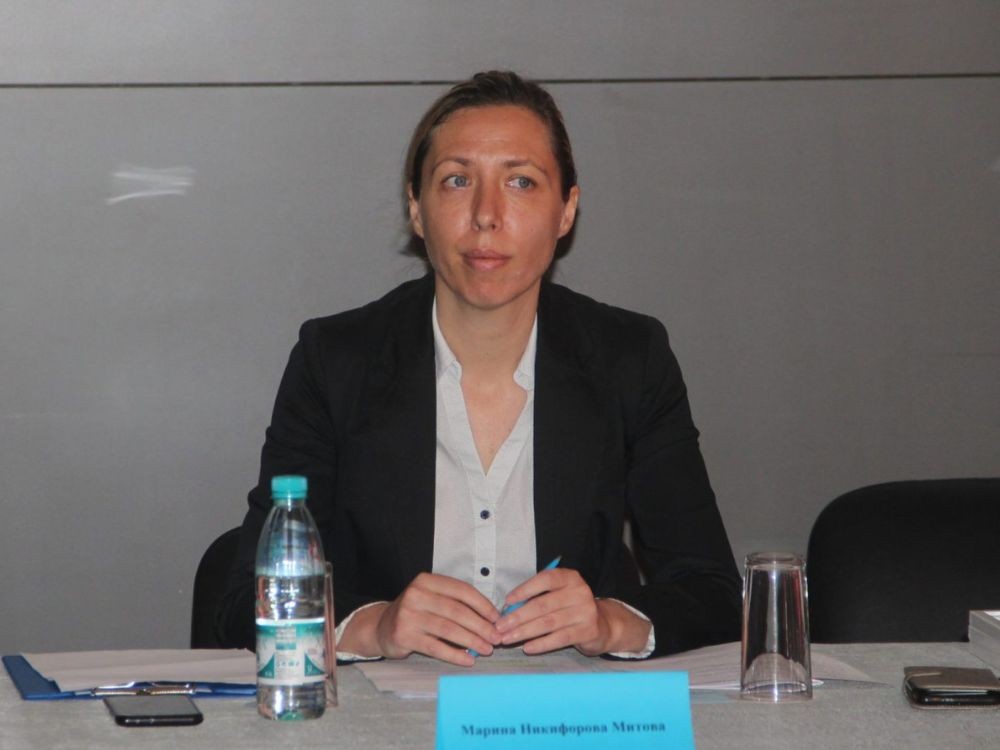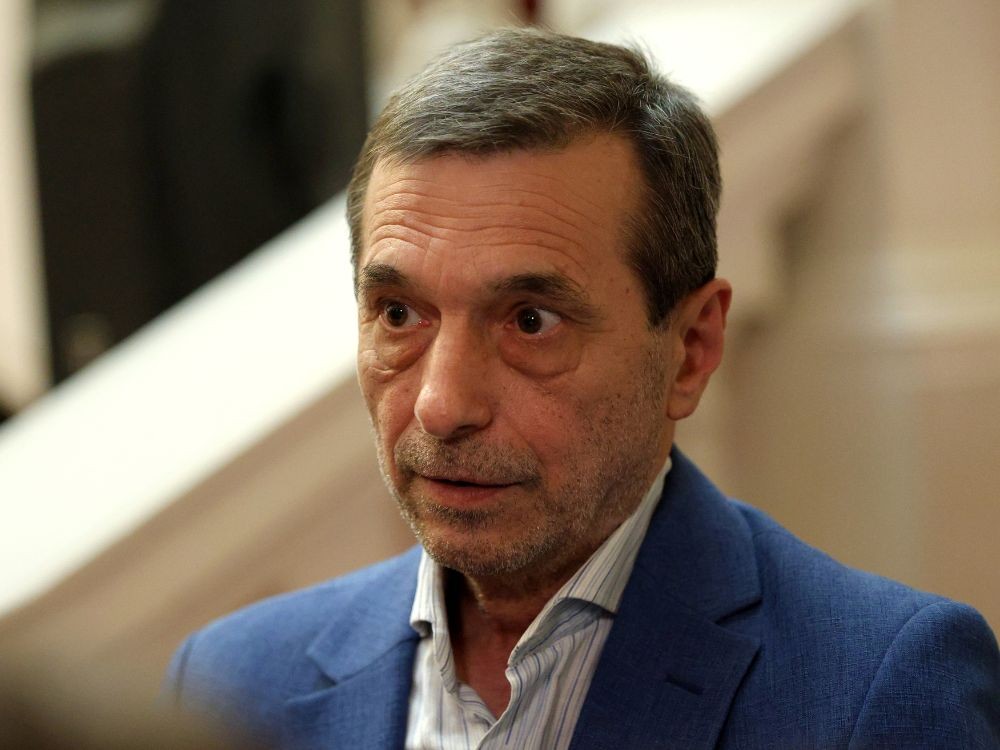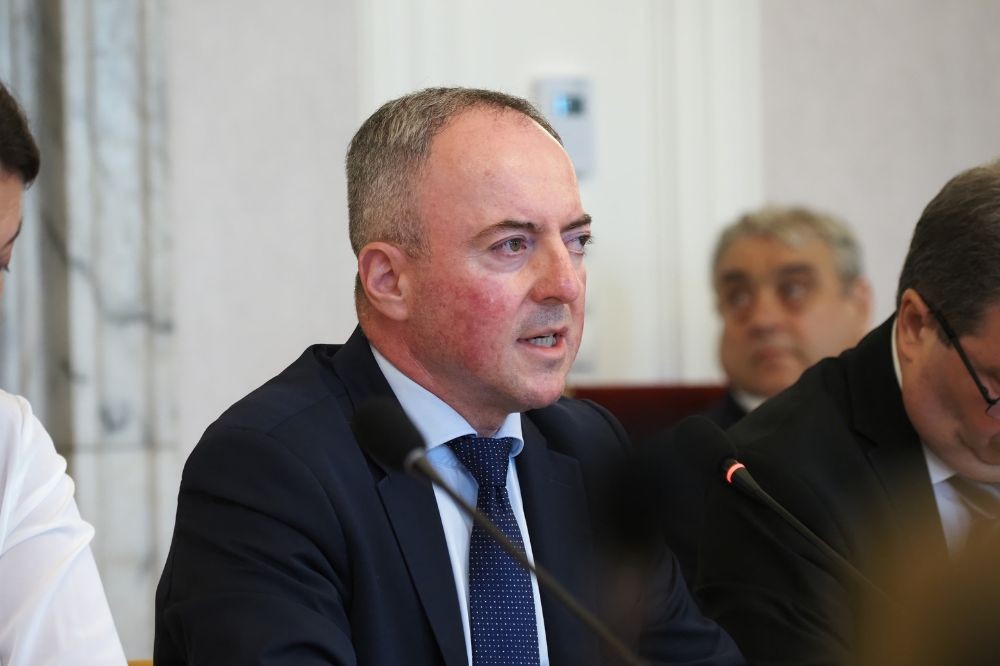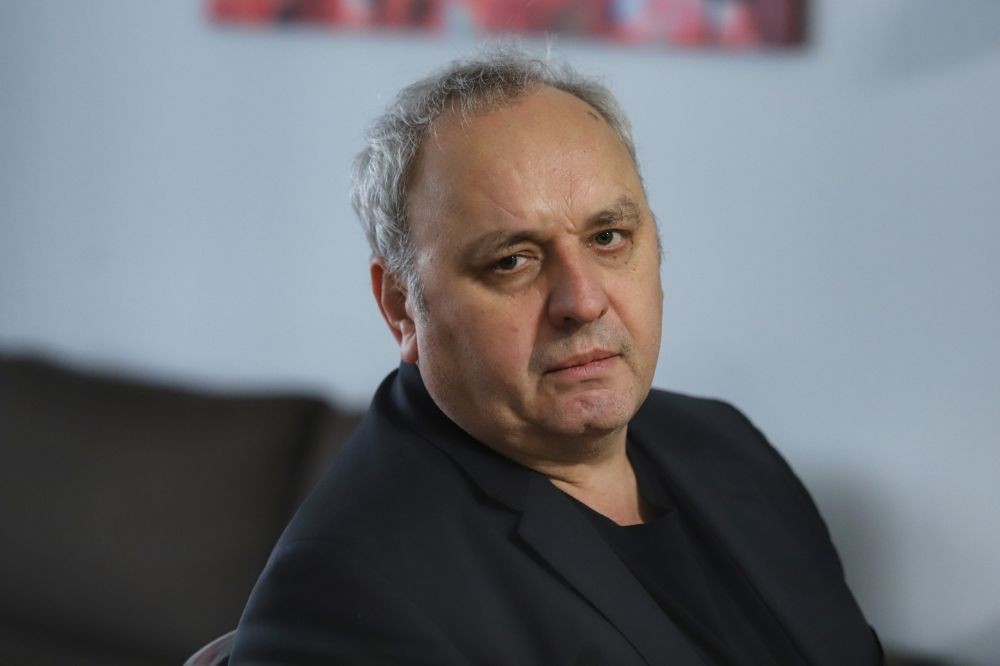Protests of miners and energy workers that blocked roads across the country continue for a fourth day. People employed in the sector call against the Territorial Plans for just transition of the Stara Zagora, Pernik and Kyustendil coal regions published by the Ministry of Energy and refused to respond to the invitation for a meeting made by the Prime Minister on Sunday.
"The government should find a way to come to us to negotiate. The minister says that there will be no closure of power plants by 2038, but the plan reads there will be reduction to 1,600 megawatts until 2030. If this isn’t a shutdown, what is it?", Georgi Gospodinov, chairman of CITUB in "Maritsa-East Mines" said.

After the extraordinary meeting of the Council of Ministers, Prime Minister Nikolai Denkov said that work was already being done on creating opportunities for the people employed in these plants to be able to retrain and find new employment in the same region. According to the prime minister, "work on the territory of the mines - on their reclamation and transformation, so that they are used for the development of business, industry, new technologies - will continue for at least 10 years after the mines are closed, so there will be work for the people in this region for many years after the thermal power plants and mines are closed." Workers in the industry are also not satisfied by the possibility of receiving up to 36 monthly salaries if they decided to leave their jobs in the mines.

According to the chair of the independent trade union federation of energy workers in Bulgaria, Marina Mitova, the protests will continue until the trust between the government and those employed in the sector is rebuilt: "The government needs to make the next move. We want to see a commitment, not just talks," she told BNR, commenting that people are annoyed by the lack of details. "They hear that there would be investments. They hear that there would be jobs, but nothing specific…
"Balance must be found. First of all, the state must pursue its own goals – both economic and social. The lack of an energy strategy is the main problem of this country. We cannot move forward chaotically. Any decision made in the energy sphere will have an impact in 10 years. And we have been moving blindly for years. Each successive government has its own vision and makes chaotic decisions," Marina Mitova said.
"Currently, 40 to 60% of baseload electricity production is provided by these thermal power plants. Until we find a technical solution to this issue, shutting down would be madness," president of "Podkrepa" trade union Dimitar Manolov said:

"The introduction of these plans for a just transition must take place after a broad public discussion," the trade union leader added. He recalled that nearly two months ago together with the president of CITUB he met with the Prime Minister and pointed out the urgency of these discussions: “It seems that the rulers are trying everything possible to avoid hearing the voice of the people.”
The mineral and raw materials industry is extremely important for the economy of the country, engineer Ivan Mitev, executive director of the Bulgarian Mining and Geological Chamber, has told the BNR:

"We are already facing serious problems with international markets in relation to prices, production, third countries, and at some point we would also have uncertain base capacities. This would create enormous difficulties for all of us, as are already facing unequal competition from the rest of the world. We need baseload capacities to maintain our competitiveness as an economy," the expert points out.

However, Deputy Minister of Energy Krasimir Nenov assured that the energy security of the country is guaranteed. Maritsa East Mines and TPP "Maritsa East 2" will operate safely and reliably during the autumn-winter period. Minister Nenov also pointed out the key role of nuclear energy.
Chairman of the Board of the Institute for Energy Management Slavtcho Neykov called on the government to prepare a strategic energy vision for the country:

"The government needs to come up with a written document that explains step-by-step what comes next in terms of jobs, in terms of the energy mix and in terms of demographics, as things are connected. I hope to see sound reasoning".
Compiled by: Yoan Kolev
English: Al. Markov
Photos: BTA, CITUB, BGNES
The 33rd Bulgarian polar expedition is heading to Antarctica to continue its scientific research in cooperation with scientists from different countries. For the first time, travelers from two Balkan countries - Greece and Montenegro, as well as from..
The program of the Orthodox Book Week offers meetings with authors, publishers and translators of Orthodox books from the last few years. The event is held until November 10 at the ''St. Procopius of Varna'' Church, with meetings taking place every..
The "Kabiyuk" horse breeding farm in the village of Konyovets is the oldest stud farm in Bulgaria, founded in 1864 by Midhat Pasha, the governor of the vilayet of Ruse, to produce horses for the Turkish army. The farm existed until the Russo-Turkish War..
For the 30th consecutive year, the Bulgarian Posts organize a contest for the most beautiful letter to Santa Claus. Letters must be sent by 18..

+359 2 9336 661
